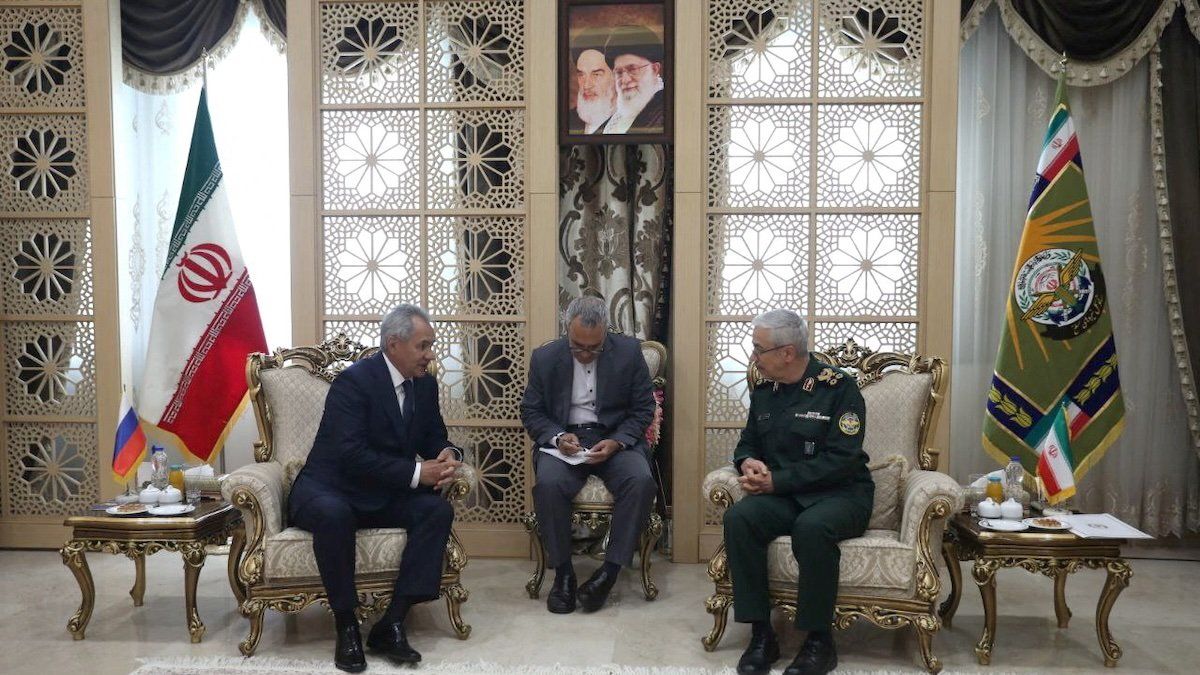For days, the Middle East has been bracing to see how Iran and its proxies will retaliate for recent strikes in Tehran and Beirut. The attack in Tehran, which Iran blamed on Israel, killed Hamas’s political leader, while the strike in Beirut, which the Jewish state claimed responsibility for, took out a top Hezbollah commander.
US Secretary of State Antony Blinken on Sunday reportedly warned fellow G7 diplomats that an attack on Israel by Iran and Hezbollah could be imminent.
Hezbollah on Monday launched a drone attack in northern Israel that wounded two Israeli troops, but this was part of the “normal tit-for-tat that we’ve seen” between the Iran-backed militant group and Jewish state since Oct. 7, says Gregory Brew, a senior analyst and Iran expert at Eurasia Group. A larger retaliatory attack on Israel is still expected.
On Monday morning, Iran issued a warning to airlines that there could be GPS disruptions, but it’s unclear if this was tied to any plans for a strike. Meanwhile, Sergei Shoigu, the secretary of Russia’s security council, was in Tehran on Monday just days after Moscow urged all parties to avoid actions that could lead to a wider war.
What’s Iran waiting for? Tehran feels compelled to retaliate but also wants to respond in a way that doesn’t spark a broader war.
Iran needs time to prepare “for what is sure to be a complicated operation.” says Brew, and there are “are likely debates going on within Tehran over how exactly to respond to Israel’s provocation.”
The doctrine of strategic patience is also likely at work, adds Brew, “with Iran’s leaders taking their time to issue a response, keeping the region in suspense and amping up the psychological warfare in advance of the strike.”
